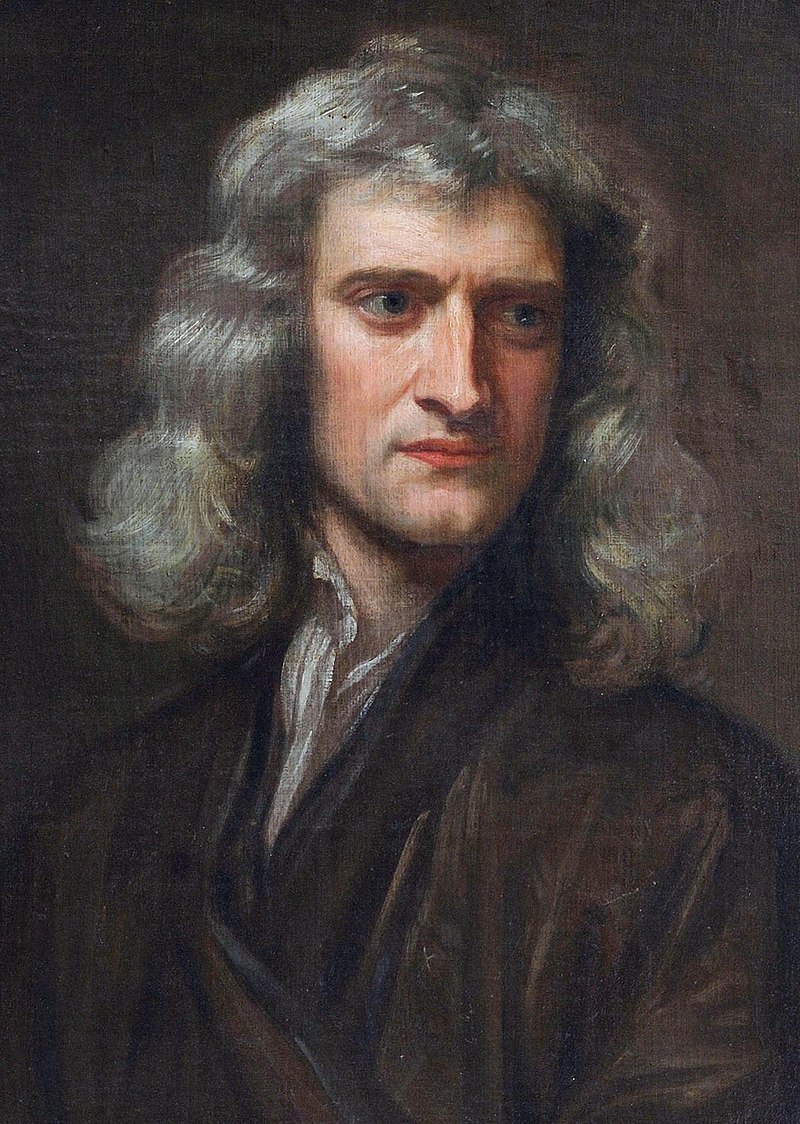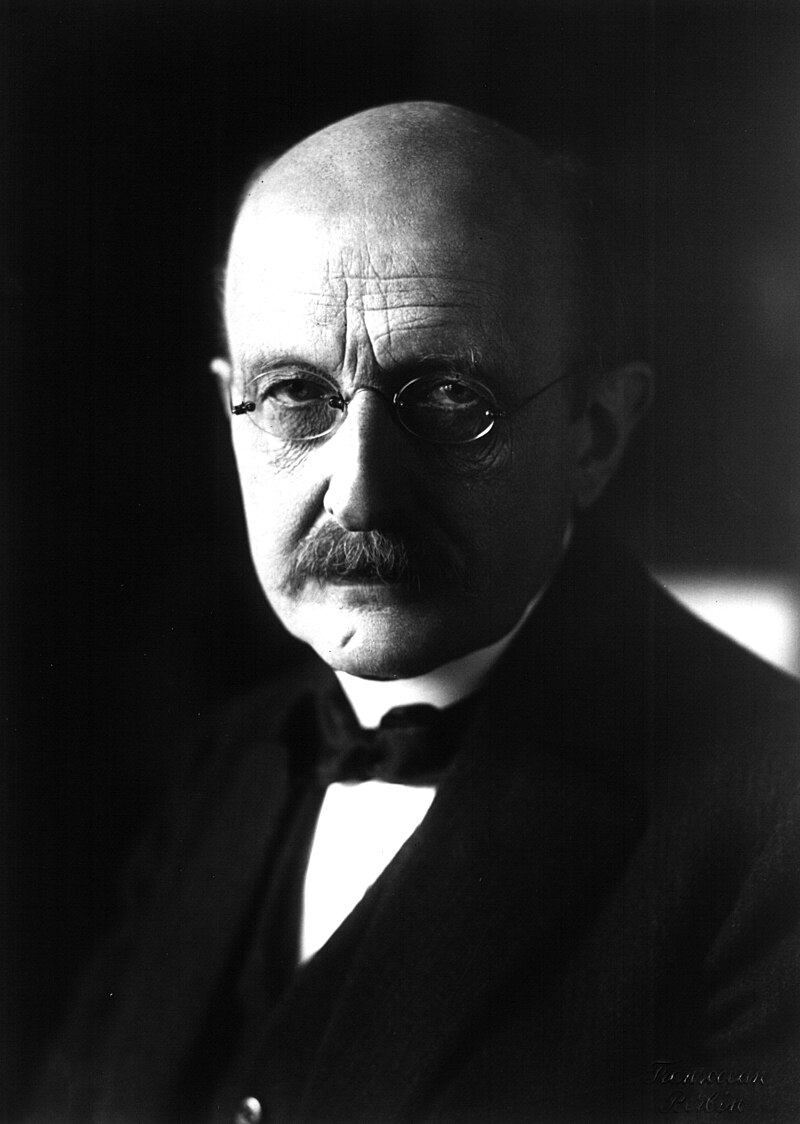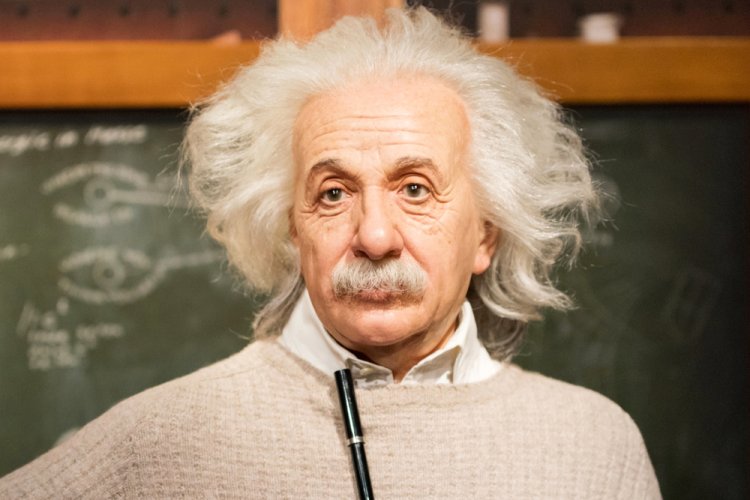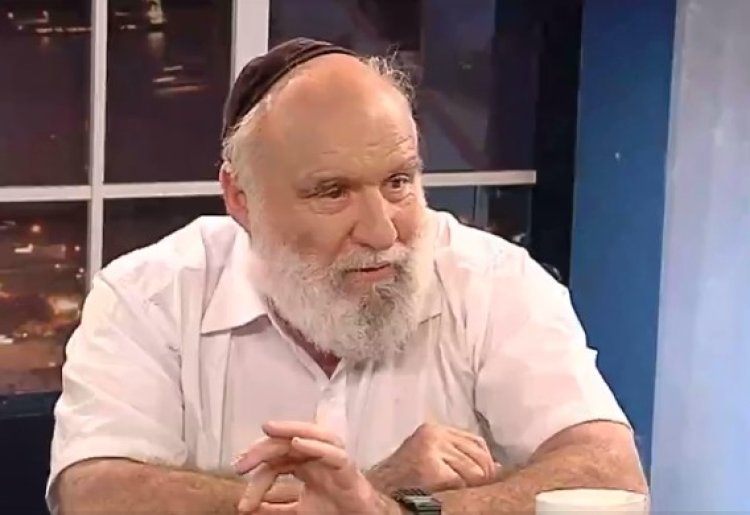Science and Faith: Celebrated Scientists Who Believed Through Discovery
Throughout history, leading scientists have found faith in a higher power, often inspired by their own scientific discoveries. Here's a look at some notable names.
- גיל פרידמן
- פורסם כ"ח אדר ב' התשפ"ד
 (Photo: shutterstock)
(Photo: shutterstock) #VALUE!
![]()
![]()
![(Photo: shutterstock)]() (Photo: shutterstock)
(Photo: shutterstock)![]()
Over the centuries, and even today, many renowned scientists have found belief in a Creator, often precisely because of scientific exploration. Here's an overview of some prominent figures (sources for quotes are at the end of the attached pdf).
Part One: Pioneers of Science
Newton. Newton, a towering figure in science and the father of classical mechanics, discovered and formulated the famed "Newton's laws."
One of the well-known anecdotes about him goes like this: Newton once showed a friend a miniature model of the solar system he had built. The friend was impressed, asking, "Newton, how did you make this?" Newton replied, "You're impressed by the model, yet believe the real, precise, vast solar system happened by 'chance'?"
More of Newton's quotes:
"God... the investigation of His works is the responsibility of natural philosophy [science]."
(Newton in his "Principia")
"We bow before Him as servants."
(Newton in his "Principia")

Planck. Max Planck, one of the greatest physicists and a Nobel laureate, was a founding figure of quantum mechanics. In his book, he wrote:
"There can be no real contradiction between religion and science."
"Because one complements the other."
"Every serious thinker recognizes a foundation of religion."
"The great thinkers were deeply religious."

Kepler. Kepler was a renowned astronomer and mathematician, best known for "Kepler's laws" describing planetary motion. In his writings, he stated:
"Great is our God...
His power is vast and His wisdom boundless...
In His hands lies everything
All knowledge and understanding."
Einstein. Einstein, a Jew and perhaps the greatest physicist of all time, created the theory of relativity. His name has become synonymous with genius. Einstein believed in a higher power beyond nature. Here are his words:
"There is a living spirit in the laws of the universe,
greater than any person."
"Scientific research leads to a religious awakening of a different sort."
"I argue that the cosmic religious feeling is the strongest and noblest motive for scientific research."
"My religion consists of a humble admiration for the superior spirit who reveals Himself in the slight detail we can perceive with our frail and feeble minds."
"My faith is a humble admiration for the superior unlimited spirit who reveals Himself in little details that we are able to grasp with our fragile and feeble minds. This deep-set conviction of the presence of a superior rational power that reveals itself in the incomprehensible universe—this is my idea of God."
"Being able to sense that behind anything that can be experienced there is a something that our minds cannot grasp, whose beauty and sublimity reach us only indirectly and as a feeble reflection, this is religiousness. In this sense, and only this sense, I am religious."
"I do not share the crusading spirit of the atheist whose fervor is mostly due to a painful act of liberation from the fetters of religious indoctrination received in youth."
"I just want to know God's thoughts. The rest are details."
His famous objection to quantum mechanics was rooted in divine reality:
"God does not play dice."
Einstein also said:
"There is a strong reciprocity between the domains of religion and science."
On Judaism, Einstein said:
"Judaism has shown that intellectuality is the most effective means of survival... It is incumbent upon us Jews to offer the world our centuries-long trials, in loyalty to the moral traditions of our ancestors."
 (Photo: shutterstock)
(Photo: shutterstock)Copernicus. Copernicus was an astronomer and mathematician known for advocating the heliocentric model: the Earth revolves around the sun, not vice versa. Some say his theory sparked the scientific revolution. In his writings, he stated his goal and ambition:
"To discover the truth,"
"insofar as God allows."
Interestingly, Copernicus himself was a man of the cloth.
Part Two: Israeli Scientists Who Embraced Faith Through Science
Many scientists, across all fields, have found belief in a Creator and observe the Torah and mitzvot. Numerous individuals have been drawn to Judaism precisely through science. Here they are:
Professor Doron Aurbach. A renowned chemist known for his work on energy research, founder of the Electrochemistry Group at Bar-Ilan University. In his early 40s, he returned to faith. Here are his reflections:
"Most of my colleagues abroad believe in a higher power
from a scientific understanding."
"Mathematics... a divine gift...
is understood by many great scientists."
"There is no contradiction between Judaism and science."

Dr. Nissim Vidal. An astronomer and member of the International Astronomical Union, he returned to faith. These are his thoughts:
"Science strengthens the belief in God."
"There is no contradiction between religion and science."
Professor Gabriel Lehandler. A mathematics professor well-known for his papers on network theory. At 32, he returned to faith, saying:
"Scientific work
helped me find truth."
"The laws of science were the key
to laws of the Torah."
"In every direction I explored,
I found increasing harmony
with the Torah's outlook."
Professor Yirmiyahu Branover. A professor of physics specializing in magneto-hydrodynamics. Born into an atheist family, he returned to faith. Here are his observations:
"It isn't science that makes us secular,
but education, environment, psychology."
Professor Yosef Bernstein. A mathematics professor, member of the American Academy of Sciences, the Israeli Academy of Sciences, a winner of the Israel Prize for Mathematics, and the Emet Prize for Science, returned to faith in his 40s.
Part Three: American Scientists
It's commonly thought that scientists do not believe in a higher power. Is this true?
In the attached pdf you can find a comprehensive study on the subject, featured in places like the Washington Times. The study was conducted by Dr. Elaine Howard Ecklund, examining the belief levels of leading American scientists: 1646 scientists from 21 universities in fields like physics, chemistry, economics, psychology, and more. Here are the findings:
What percentage of scientists believe in a higher power? In the U.S., 36% of scientists believe in a higher power, which is more than the 34% who do not.
In the U.S., 70% of scientists agree with the statement "there are basic truths in religion"—a clear majority.
What percentage of doctors believe in a Creator? A similar study by the University of Chicago surveyed over 2000 doctors. The findings: 76% of doctors believe in a Creator, again a clear majority.
Additional findings: 90% of doctors participate in religious activities.
Conclusion
Indeed, many of history's great scientists, and those today, believe in a Creator. In the U.S., it's even a majority (it may be similar in Israel, although we lack surveys on this). Amazing, isn't it?
The text is from the book "Worlds Connecting." To download and read a chapter in the PDF, click here >>
The author holds a B.Sc in Physics with honors from the Technion.

